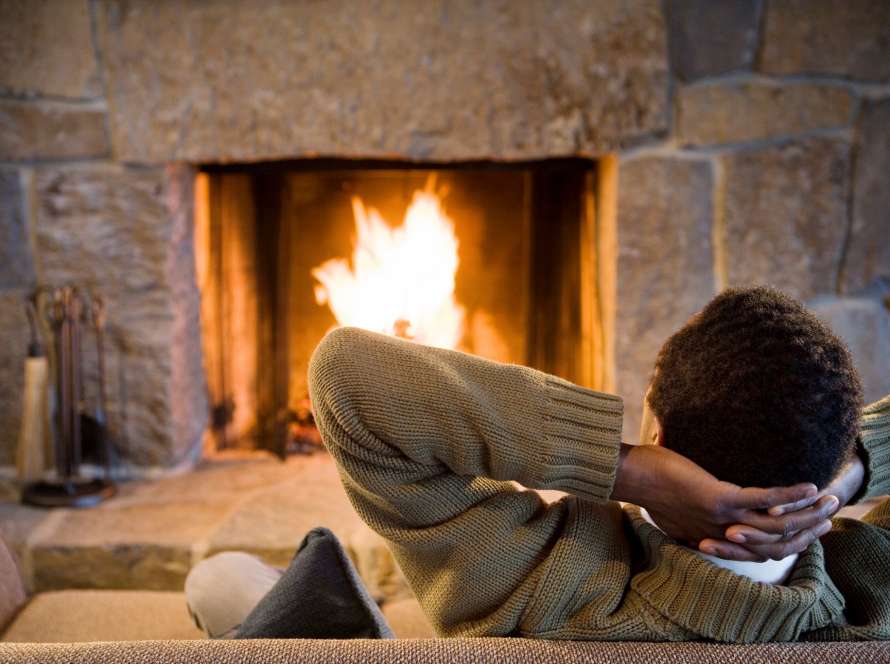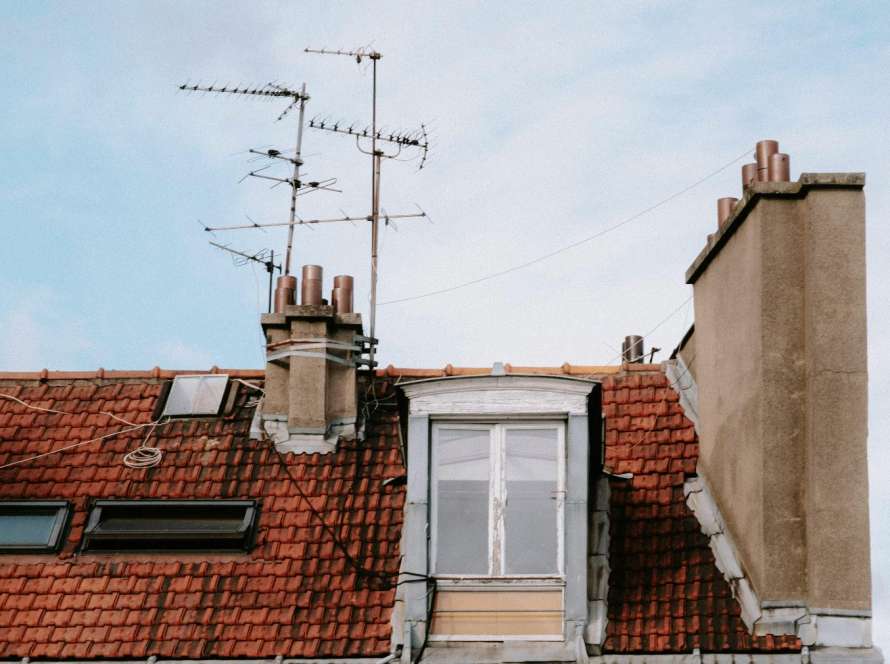Living in a smoke control zone doesn’t mean you have to give up the comfort and ambiance of your fireplace or stove. However, it does require complying with one fundamental rule: you can only use authorised fuels or a DEFRA-approved appliance. With Cambridge potentially expanding its smoke control zone to cover the entire city, more homeowners than ever need clear guidance on what this means for their specific heating system.
Understanding What the Rules Mean for Your Appliance
The basic regulation in smoke control zones is straightforward, but how it affects you depends on your heating system. The type of appliance you have—open fireplace, gas appliance, or stove—determines your specific compliance options. Let’s break down what you need to know for each type:
If You Have an Open Fireplace
For open fireplaces in smoke control zones, you’ll need to use authorised fuels:
Do:
- Only burn smokeless coal (the authorised fuel for open fireplaces)
- Use wood kindling only at the start of the fire to get it going
- Consider converting to a DEFRA-approved stove as an alternative solution if desired, though this isn’t necessary as long as you only burn smokeless coal
Don’t:
- Burn wood or regular coal in your open fireplace (these aren’t authorised fuels for this appliance type)
If You Have a Gas Appliance
Good news for those with gas appliances:
Do:
- Continue using your gas appliance as normal – no further action is needed as these are considered compliant with smoke control regulations
- Maintain regular servicing to ensure safe and efficient operation. Gas appliances should be serviced annually by a Gas Safe Registered engineer, and the chimney should be cleaned every 2-3 years by a professional chimney sweep
Don’t:
- Convert a gas appliance to solid fuel without proper professional assessment and understanding of smoke control zone requirements
If You Have a Stove
For stoves, your compliance options depend on whether your appliance is DEFRA-approved (which allows you to burn wood) or whether you’ll use authorised fuels (smokeless coal):
Do:

- Check if your stove is DEFRA-approved (look for documentation, contact the manufacturer, or check the official DEFRA Approved stoves list)
- If your stove is NOT DEFRA-approved, use only authorised smokeless coal
- If your stove IS DEFRA-approved, you can burn seasoned wood, normal coal or smokeless coal
Don’t:
- Use a woodburning stove that isn’t DEFRA-approved to burn wood (this doesn’t meet the “approved appliance” requirement)
- Ignore maintenance requirements – regular chimney sweeping is essential for safety and efficiency
Common Mistakes to Avoid in Smoke Control Zones
Even with the straightforward “authorised fuels or approved appliance” rule, there are several common pitfalls that homeowners should be aware of:
- Assuming “occasional use” is exempt – Even infrequent use must comply with the authorised fuel or approved appliance requirement
- Not keeping proper documentation – Always maintain paperwork showing your stove DEFRA approval status
- Burning inappropriate fuels – Using fuels that aren’t authorised for your specific setup violates smoke control regulations
- Neglecting regular maintenance – Smoke control compliant systems still need routine chimney sweeping and inspection
- DIY installations without proper certification – Always use qualified professionals for installations in smoke control zones
Benefits of Compliance
Adhering to smoke control regulations offers several advantages:
- Avoiding fines and enforcement – Local authorities can impose significant penalties for non-compliance
- Reducing harmful emissions – Compliant systems produce fewer particulates and improve local air quality
- Protecting your property – Using the correct fuels prevents damage to your chimney system
- Peace of mind – Knowing your system is safe, legal, and environmentally responsible
Frequently Asked Questions
What can I burn in an open fireplace in a smoke control zone?
In a smoke control zone, you can only burn smokeless coal in an open fireplace. You cannot burn wood in an open fireplace in a smoke control zone unless it’s just kindling to start the fire.
Can I use my gas appliance in a smoke control zone?
Yes, gas appliances are compliant with smoke control regulations and no further action is needed. However, you should ensure it’s serviced annually by a Gas Safe Registered engineer and have the chimney cleaned every 2-3 years by a professional chimney sweep.
Can I burn wood in my stove in a smoke control zone?
You can only burn wood in a smoke control zone if your stove is DEFRA-approved. You can check if your stove is DEFRA-approved by looking at your documentation, contacting the manufacturer, or checking the official DEFRA Approved stoves list.
What happens if I don’t comply with smoke control regulations?
Non-compliance can result in fines from your local authority.
How do I know if I live in a smoke control zone?
You can check if your property is in a smoke control zone by visiting the DEFRA Smoke Zone Map. For Cambridge residents, information about the current smoke control zone and potential expansion can be found on the Cambridge City Council website.
Unsure If Your Stove Is Compliant? We Can Help
Navigating smoke control regulations can be confusing—but you’re not alone. At Ablewight Chimney Services, we help homeowners across Cambridge, Huntingdon, and St Neots understand if their stove or fireplace setup is compliant with local requirements.
Whether you’re unsure if your appliance is DEFRA-approved, thinking about upgrading your system, or just need peace of mind, our expert team is here to offer honest, practical advice.
Call us today on 01223 627012 or email hello@ablewight.co.uk to speak with one of our experienced, HETAS-approved sweeps.
Remember: A clean chimney is not just a safer chimney—it’s also more efficient, more environmentally friendly, and less likely to develop costly problems down the line.
HETAS Approved | Trading Standards Approved | Guild of Master Chimney Sweeps


